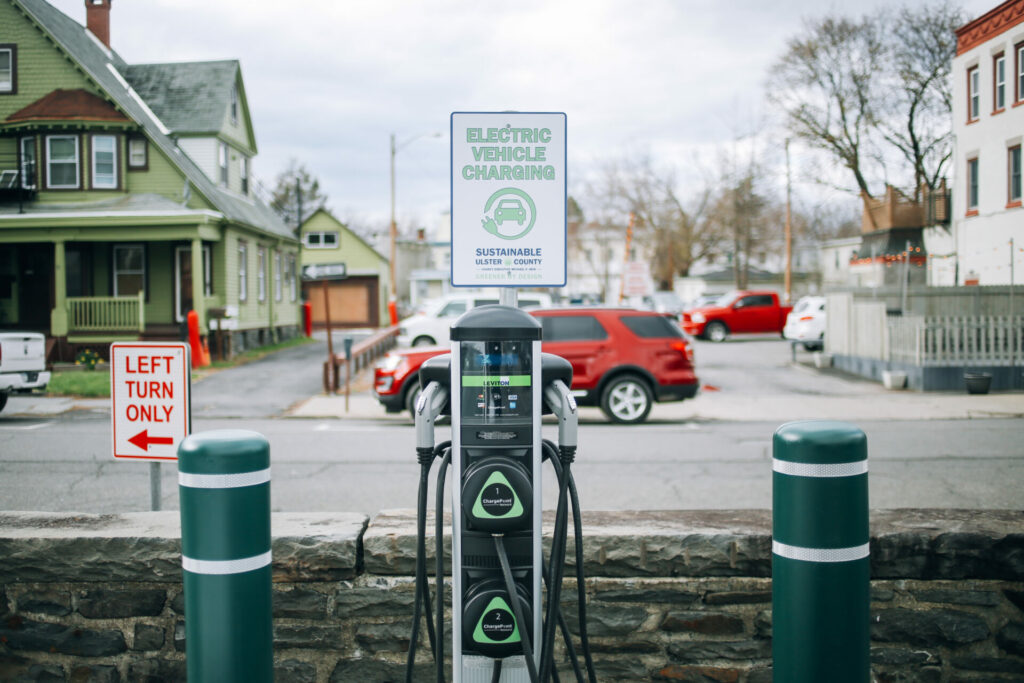Electric vehicle charging standards adopted in Washington
The Washington State Department of Agriculture (WSDA) recently adopted standards for public electric (EV) vehicle charging, often referred to under the more technical name, electric vehicle supply equipment (EVSE). On December 16th, 2022, the Department adopted the final rule, which will take effect on January 1, 2024.
By the end of 2022, there were over 112,000 electric vehicles on the road in Washington. As these numbers grow, how we charge them will, in part, determine whether they are truly accessible to all. WSDA’s newly adopted standards will help ensure that in Washington State, EV charging will be consistent and straightforward. The standards accomplish that through:
- Requiring all costs at a publicly accessible charger to be clearly labeled to promote competitive prices and ensure consumers know what they are paying.
- Ensuring anyone can initiate a charging session at a publicly available charging station, regardless of whether you have a membership or subscription with a charging provider.
- Requiring three minimum payment methods: a credit card reader with chip technology, a mobile payment device, and a toll-free number. Not everyone has access to certain payment methods, such as smart phones and contactless credit cards, which are common forms of payment at charging stations. The above three minimum payment methods will support broader access. For example, chip technology, an embedded microchip that is inserted into a credit card reader, is the most common form of card payment globally, with 85% of all card-present transactions using chip technology. Requiring additional forms of payment methods is imperative to reducing barriers to EV charging.
- Requiring charging providers to offer charging sessions in at least one language other than English. There are a variety of languages spoken across Washington’s communities, with over 20% of Washington’s residents speaking a language other than English. In fact, the City of Seattle found that 93% of Transportation Network Company (such as Uber or Lyft) drivers reported a language other than English as the primary language spoken at home. Multi-lingual charging sessions will support more inclusive EV charging for Washington’s diverse drivers.
- Creating new technology standards at charging stations that support broader access and protect site hosts from stranded assets. This is one step towards removing the risk of installing a charging station for small businesses, residents, and Washington drivers.

EV adoption has skyrocketed in the last couple of years, and we can expect to see that growth escalate. As more EVs come onto the road, it is crucial that charging is easy, simple, and accessible. These EVSE standards are a critical first step to increasing access and align the charging experience in Washington with California, the largest EV market in the country.
We thank the prime sponsor of SB 5192, Senator Das and Representative Macri, who helped pass the enabling legislation. We are grateful for WSDA’s work to implement SB 5192 and adopt these EVSE standards.

